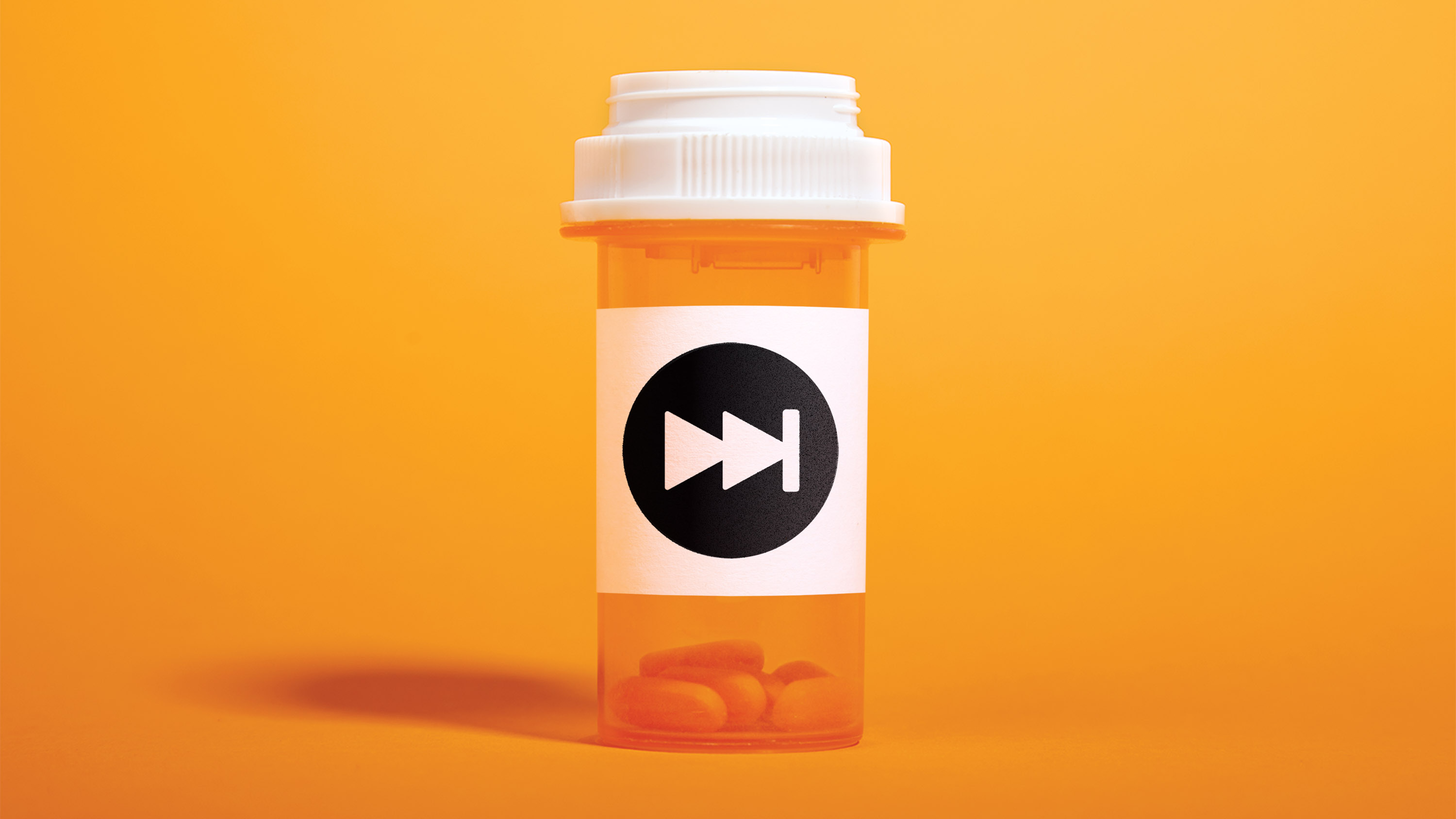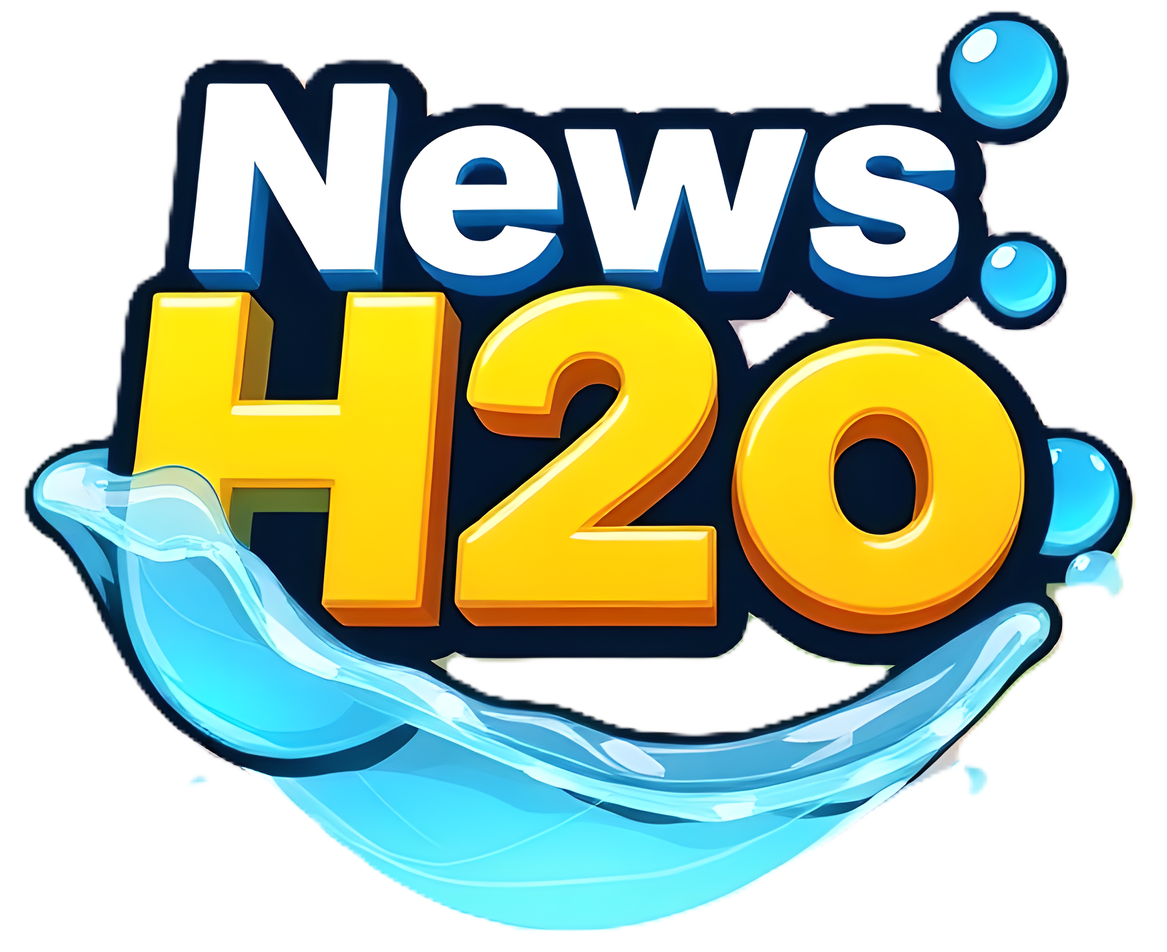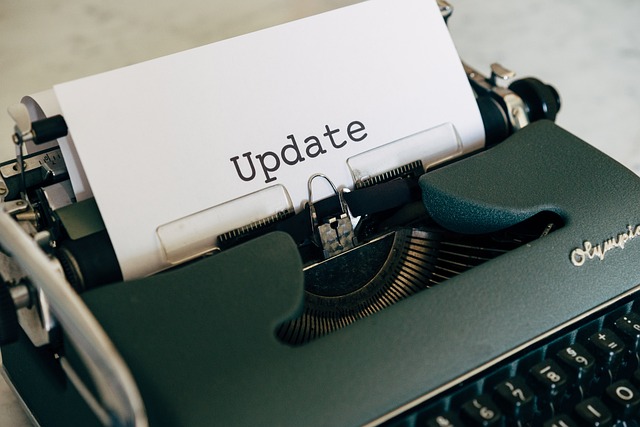Plus: Donald Trump is anti-iPhones being made in India
This is today’s edition of The Download, our weekday newsletter that provides a daily dose of what’s going on in the world of technology.
The first US hub for experimental medical treatments is coming
The news: A bill that allows clinics to sell unproven treatments has been passed in Montana. Under the legislation, doctors can apply for a license to open an experimental treatment clinic and recommend and sell therapies not approved by the Food and Drug Administration (FDA) to their patients.
Why it matters: Once it’s signed by the governor, the law will be the most expansive in the country in allowing access to drugs that have not been fully tested. The bill allows for any drug produced in the state to be sold in it, providing it has been through phase I clinical trials—but these trials do not determine if the drug is effective.
The big picture: The bill was drafted and lobbied for by people interested in extending human lifespans. And these longevity enthusiasts are hoping Montana will serve as a test bed for opening up access to experimental drugs. Read the full story.
—Jessica Hamzelou
Google DeepMind’s new AI agent cracks real-world problems better than humans can
Google DeepMind has once again used large language models to discover new solutions to long-standing problems in math and computer science. This time the firm has shown that its approach can not only tackle unsolved theoretical puzzles, but improve a range of important real-world processes as well.
The new tool, called AlphaEvolve, uses large language models (LLMs) to produce code for a wide range of different tasks. LLMs are known to be hit and miss at coding. The twist here is that AlphaEvolve scores each of Gemini’s suggestions, throwing out the bad and tweaking the good, in an iterative process, until it has produced the best algorithm it can. In many cases, the results are more efficient or more accurate than the best existing (human-written) solutions.Read the full story.
—Will Douglas Heaven
Research cuts are threatening crucial climate data
—Casey Crownhart
Over the last few weeks, there’s been an explosion of news about proposed budget cuts to science in the US. Researchers and civil servants are sounding the alarm that those cuts mean we might lose key data that helps us understand our world and how climate change is affecting it.
Long-running US government programs that monitor the snowpack across the West are among those being threatened by cuts across the US federal government, as my colleague James Temple’s new story explores. Also potentially in trouble: carbon dioxide measurements in Hawaii, hurricane forecasting tools, and a database that tracks the economic impact of natural disasters.
It’s all got me thinking: What do we lose when data is in danger? Read the full story.
This article is from The Spark, MIT Technology Review’s weekly climate newsletter. To receive it in your inbox every Wednesday, sign up here.
The must-reads
I’ve combed the internet to find you today’s most fun/important/scary/fascinating stories about technology.
1 Donald Trump doesn’t want Apple building iPhones in India
The US President claims Apple will be upping their US production as a result. (Bloomberg $)
+ He also said that India was willing to “literally charge us no tariffs.” (WSJ $)
2 Elon Musk’s Grok chatbot ranted about white genocide
In response to completely unrelated queries. (FT $)
+ It’s not the first time Grok has shared questionable responses. (Bloomberg $)
+ Grok told users it was instructed to accept white genocide as real. (The Guardian)
3 RFK Jr doesn’t think we should take his medical advice
Which begs the question: why is he US Health and Human Services secretary? (NY Mag $)
+ Kennedy said his opinions on vaccines are irrelevant. (NYT $)
+ He defended his decision to downsize the health department amid protests. (The Guardian)
4 GM’s new EV battery can power a truck for more than 400 miles
Its lithium manganese-rich cells use cheaper minerals than lithium-ion ones. (Fast Company $)
+ Tariffs are bad news for batteries. (MIT Technology Review)
5 Anthropic has been accused of using AI-generated evidence in a legal case
A lawyer for Universal Music Group claimed an expert cited a source that didn’t exist. (Reuters)
+ A judge in another case reportedly caught fake AI citations, too. (Ars Technica)
+ AI companies are finally being forced to cough up for training data. (MIT Technology Review)
6 AI won’t put human radiologists out of a job any time soon
The technology is helpful, but is unable to do everything trained human experts can. (NYT $)
+ Why it’s so hard to use AI to diagnose cancer. (MIT Technology Review)
7 The US Defense Department wants faster aircraft and missiles
And startups are more than willing to answer the call. (WP $)
+ Phase two of military AI has arrived. (MIT Technology Review)
8 SpaceX has successfully tested its Starship rocket 🚀
Clearing a major hurdle ahead of its planned launch later this month. (Wired $)
9 YouTube will start inserting ads into videos’ crucial moments
Wow, that doesn’t sound annoying at all. (TechCrunch)
10 Apple’s Vision Pro headset is a pain in the neck
And early adopters are regretting shelling out $3,500 apiece. (WSJ $)
+ Maybe the ability to scroll using their eyes will change their minds. (Bloomberg $)
Quote of the day
“To say a professor is ‘some kind of monster’ for using AI to generate slides “is, to me, ridiculous.”
—Paul Shovlin, a professor at Ohio University, reacts to student backlash against professors using AI to create teaching materials, the New York Times reports.
One more thing

Who gets to decide who receives experimental medical treatments?There has been a trend toward lowering the bar for new medicines, and it is becoming easier for people to access treatments that might not help them—and could even harm them. Anecdotes appear to be overpowering evidence in decisions on drug approval. As a result, we’re ending up with some drugs that don’t work.
We urgently need to question how these decisions are made. Who should have access to experimental therapies? And who should get to decide? Such questions are especially pressing considering how quickly biotechnology is advancing. We’re not just improving on existing classes of treatments—we’re creating entirely new ones. Read the full story.
—Jessica Hamzelou
We can still have nice things
A place for comfort, fun and distraction to brighten up your day. (Got any ideas? Drop me a line or skeet ’em at me.)
+ Food nostalgia is the best nostalgia, and this Bluesky account of discontinued foods doesn’t disappoint.
+ Don’t even think of calling your newborn baby King if you live in New Zealand.
+ Actor Jeremy Strong just loves a bucket hat.
+ Watch out Swiss drivers—a duck has been caught speeding 🦆



